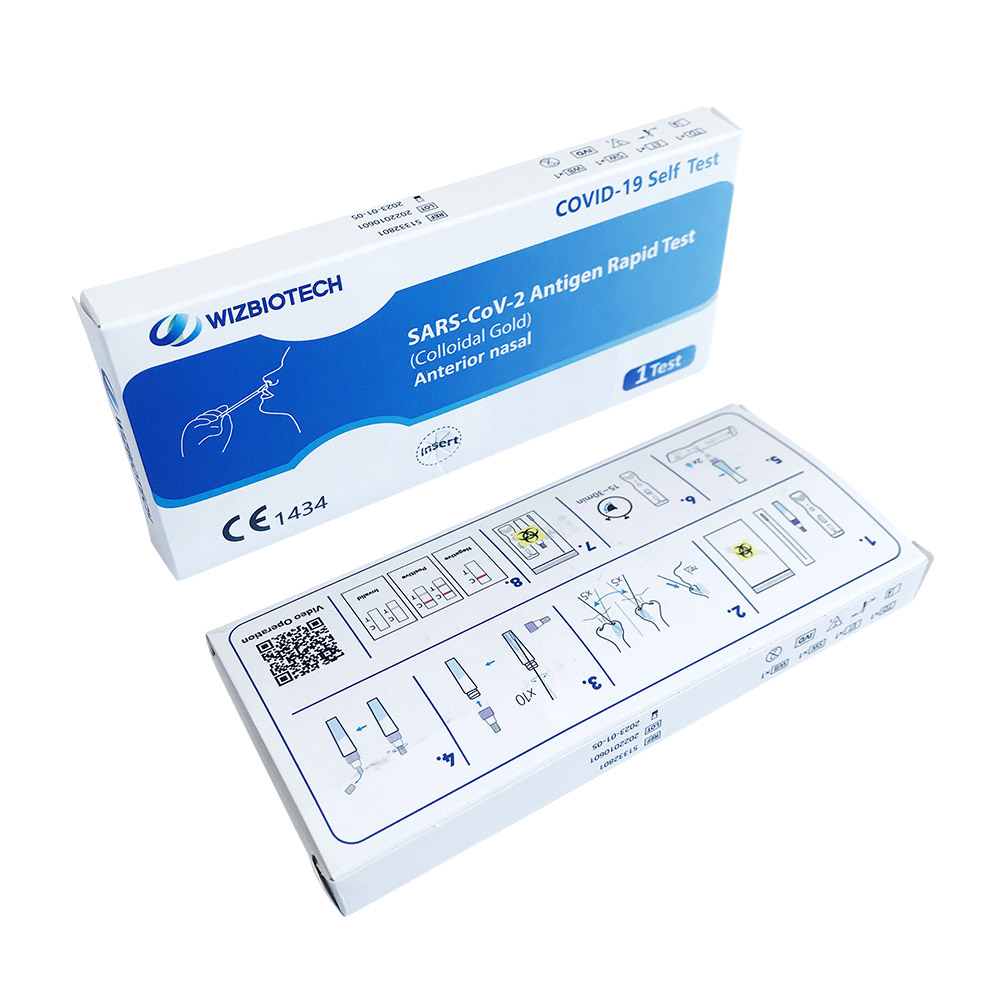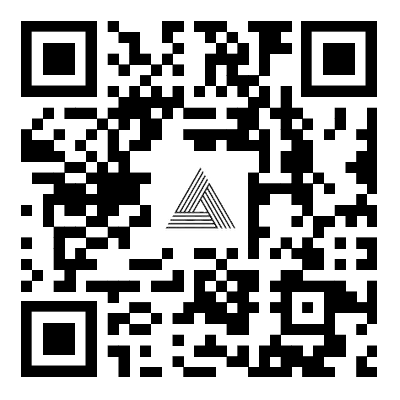Rapid test kits are commonly used for infectious diseases
2023-10-17
A rapid test kit, also known as a rapid diagnostic test (RDT), is a medical device used for the quick and on-site detection of specific diseases or conditions. These kits are designed to provide fast and convenient results, often within minutes, without the need for specialized laboratory equipment or extensive sample processing.
Rapid test kits are commonly used for infectious diseases, such as HIV, malaria, dengue, influenza, COVID-19, and many others. They typically include the following components:
1. Test Device: This is the main component of the kit and contains specific reagents or antibodies that interact with the target pathogen or biomarkers in the patient sample.
2. Sample Collection Device: Rapid test kits may include a device or materials for collecting the appropriate sample, such as blood, saliva, urine, or nasal swabs.
3. Buffer Solution: A buffer solution is often provided to dilute or process the sample, ensuring optimal conditions for the test reaction.
4. Instructions for Use: Rapid test kits come with clear instructions on how to perform the test, including step-by-step guidance on sample collection, test procedure, and result interpretation.
The testing process typically involves adding the sample to the test device, allowing the sample to react with the reagents or antibodies present. The appearance of specific lines, color changes, or other visual indicators on the test device indicates a positive or negative result.
Rapid test kits are valuable in various settings where immediate test results are necessary, such as remote areas with limited access to laboratories or healthcare facilities, community screening programs, or point-of-care testing in clinics, pharmacies, or emergency situations.
It's important to note that while rapid test kits offer quick results, they may have varying levels of sensitivity and specificity compared to more complex laboratory-based tests. In some cases, confirmation or further testing may be required to validate the results obtained from a rapid test kit. It is crucial to follow the instructions provided and consult healthcare professionals for proper interpretation and guidance regarding the use of rapid test kits.



